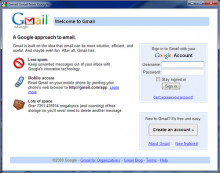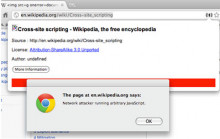Ice Cream Sandwich security tastes better
There's more to Ice Cream Sandwich (ICS) than just better camera controls, near-field communication support and the redesigned interface. Google has also been working on making the latest version of Android the safest yet, and several of the features are mighty sharp for a melty brick of ice cream.













































































